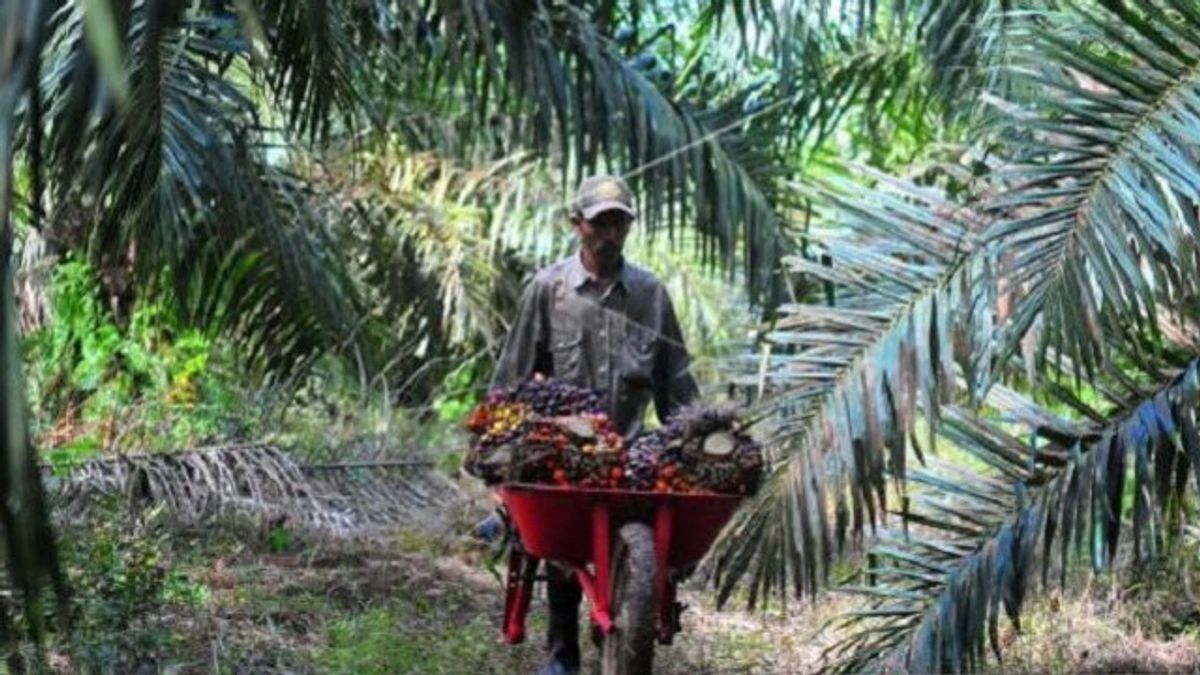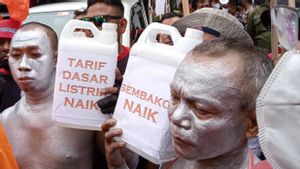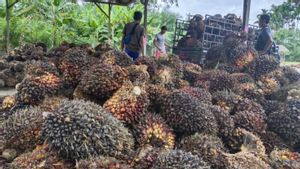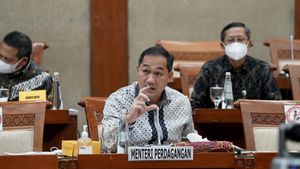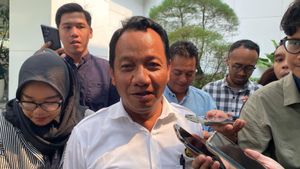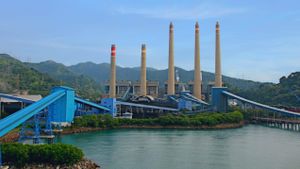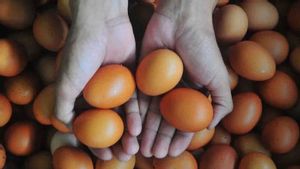JAKARTA - The issue of cooking oil, which has not yet been resolved, continues to receive attention from various parties. The Indonesian Peasant Union (SPI) is no exception.
According to SPI Chairman Henry Saragih, oil palm farmers do not enjoy the benefits of the abundant supply of cooking oil at soaring prices as it is today. "Indeed, the price of fresh fruit bunches (FFB) has increased, but the operating costs of farmers have also increased due to the increase in fertilizer prices", Henry said in his statement, quoted on Thursday, March 24.
He explained, reports from SPI farmers in Riau for FFB at a minimum of IDR 3,550 per kg and a maximum of IDR 3,750 per kg, even in Tebo Regency, Jambi, the highest FFB price reached IDR 3,800 per kg.
Meanwhile, the price of fertilizers also increased, such as urea, IDR 400,000 per 50 kg sack; NPK Rp750,000; and KCL IDR 630,000.
On that basis, Henry assessed that to overcome the problem of cooking oil, the government must immediately formulate a policy so that not all palm oil is exported. The government must allocate palm oil production for domestic needs.
"The government can also encourage and assist farmer cooperatives to be able to build local-scale cooking oil factories. Of course, the government will also assist in the distribution and marketing process", Henry added.
Henry also said that people's oil palm plantation cooperatives, not corporations, must be strengthened to control upstream to downstream.
"Corporations must be limited. Cooking oil production is very dangerous if it is a monopoly or oligopoly", he said.
SEE ALSO:
One of SPI's concerns is the function of the Oil Palm Plantation Fund Management Agency (BPDP-KS) which was established through Government Regulations no. 24 of 2015. BPDP-KS which aims to revive smallholder oil palm plantations must also be returned according to its nature because so far it is strongly suspected that it only benefits certain groups in the oil palm industry.
Henry added that cooking oil must return to the people's production. The palm oil is sold to local cooking oil factories at reasonable prices, the cooking oil is sold to local and national communities at prices that do not burden consumers.
"Ideally, if we are serious, God willing, we can do this, and SPI is ready to cooperate with the government to make it happen through SPI farmer cooperatives that have spread across the archipelago", he added.
Agrarian reform
Henry said that SPI assessed that national food and agricultural policies should be based on food sovereignty. Food sovereignty means the fulfillment of food through local production, encouraging national agricultural products, and encouraging the establishment and strengthening of farmer economic institutions, namely cooperatives not corporations.
Through food sovereignty, Indonesia's agricultural policy will place the interests and fate of farmers, as food producers, above corporate interests and market demands.
"The distribution of controlled lands, monopolized by corporations, becomes the property of cooperatives through genuine agrarian reform and the application of non-monoculture farming patterns, policies for palm oil and food variations", he said.
Henry emphasized that oil palm plantations controlled by corporations should be made the object of agrarian reform.
"Palm plantations controlled by corporations do not encourage development in the regions and people in the regions, damage forests and the environment and even existing infrastructure", he said.
The English, Chinese, Japanese, Arabic, and French versions are automatically generated by the AI. So there may still be inaccuracies in translating, please always see Indonesian as our main language. (system supported by DigitalSiber.id)
